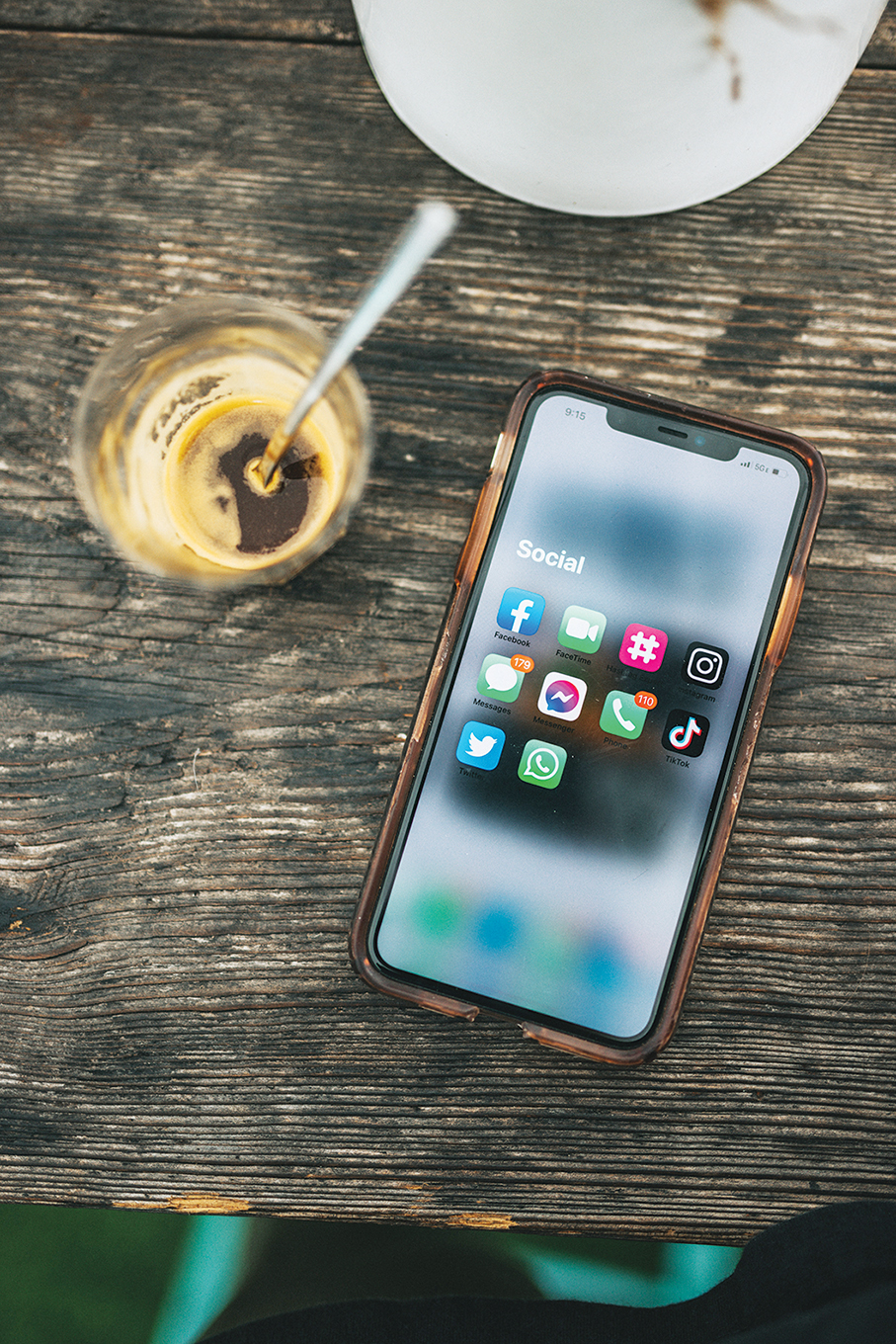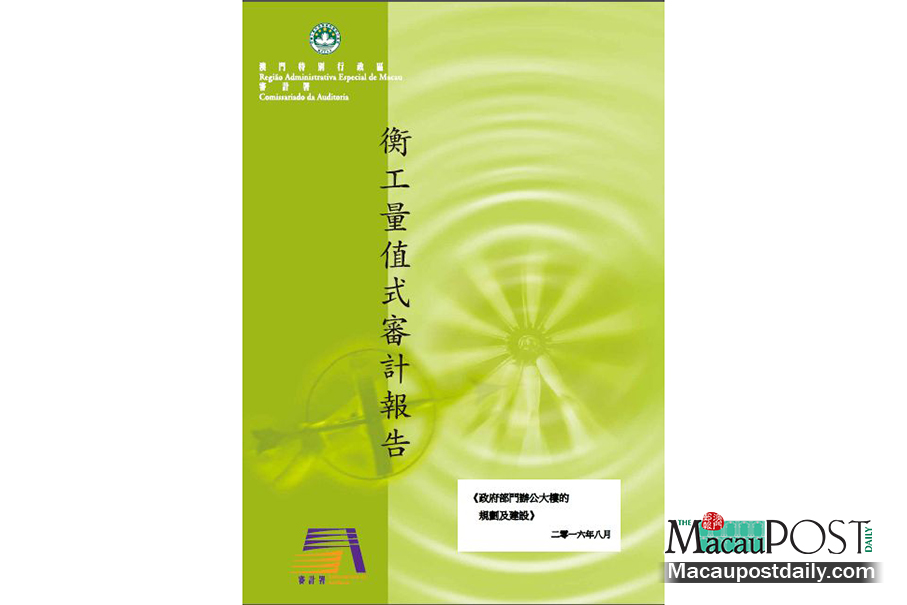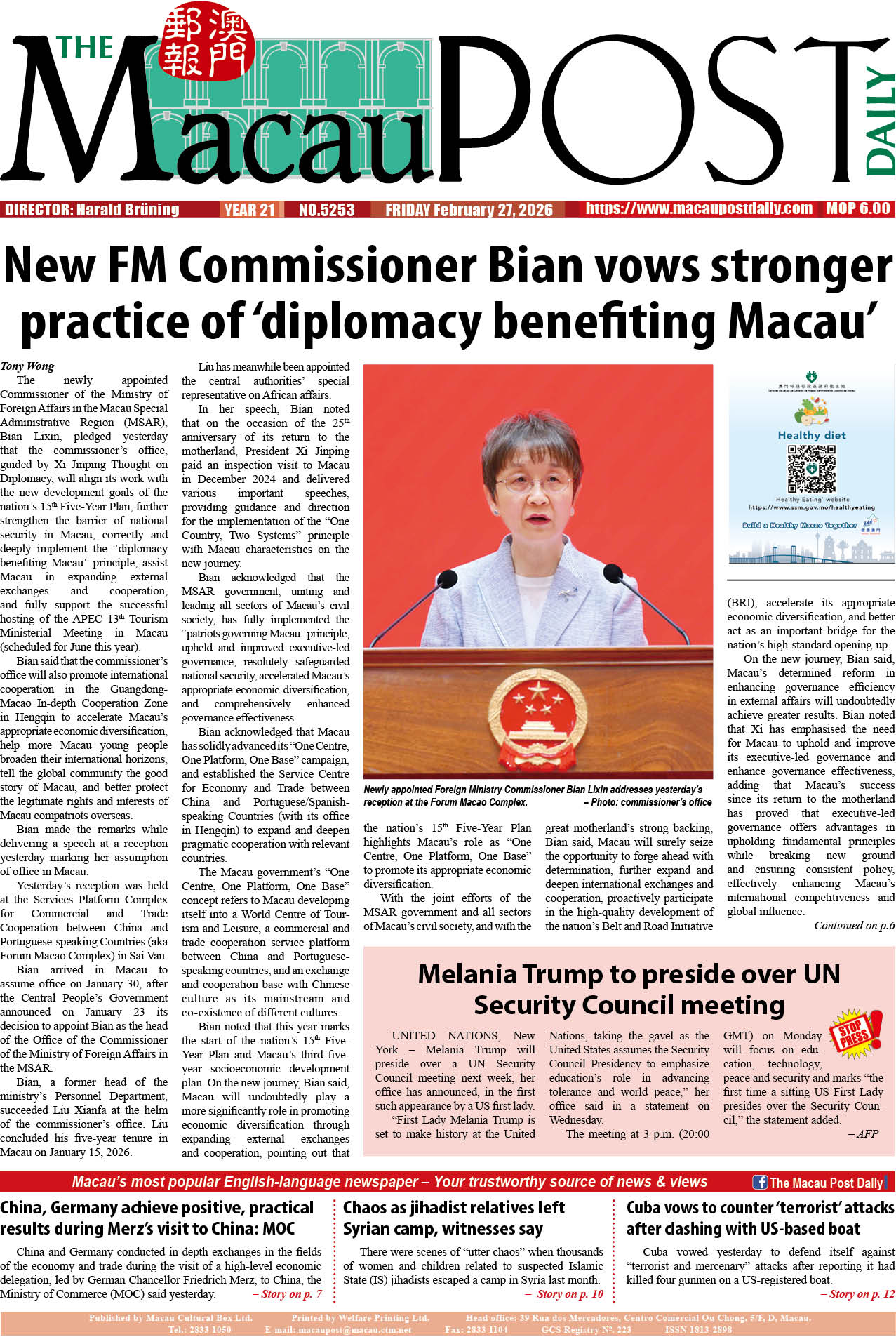What is the first thing that you do when you wake up? For me, I find myself reaching for my phone almost immediately, switching from app to app as a way to “wake up” or “keep myself updated”. This does not end there as throughout the day, when I find myself in certain situations, I open an app and start an endless journey of scrolling to pass the time instead of doing anything else. This is not uncommon.
Social media is a part of the modern world and its presence and use are ubiquitous. Simply saying that I can live my life without it is a lie, but saying that social media is completely without flaws and will never require limits is an even bigger lie. With this in mind, what are the negatives of social media use?
The first would be the number of distractions that come with every app. This is especially prevalent at times when there is a need to be productive such as when studying for an exam and doing any sort of work that requires focus. Moreover, distraction eventually leads to a lot of wasted time, an acknowledged yet often ignored truth. I realised this when I previously decided to take a two-year break from any social media platform except for YouTube and messaging apps, seeing just how much of the empty spaces in a day I wasted just by idly sitting and scrolling through meaningless content. Meaningless content that reels people in through an artificial lifestyle that only highlights the positives of life, with people going above and beyond to maintain that façade.
Furthermore, social media also tends to be rife with false or inaccurate information. Although the different apps and platforms can certainly be great tools for sharing information, it has to be done correctly while also considering aspects such as upholding credibility. This can be particularly concerning when some people take unchecked or unverified information as the truth while also sharing it with others. This was proven to be an issue during the height of each COVID-19 outbreak that Macau has just come through, with certain platforms having had a string of false information that claimed to be true while gaining a considerable amount of traction and reactions. For example, there was an instance where a man was outed online as having COVID-19 and was said to be spreading it among those in his building, with the person who started the rumour posting his picture and details for the online world to see. This of course spread like wildfire, but none of it was true. The man angrily took to Facebook to clear his name and even pointed out that he had no clue that his picture and information were used the way that it was.
Distractions and misinformation are not the only negatives that social media use can present. The article “Social Media and Mental Health” by the website Help Guide cited negative aspects such as self-absorption; inadequacy about one’s life or appearance; causing feelings of “Fear of missing out (FOMO)”; increasing instead of decreasing feelings of isolation; and possible risks of developing depression and anxiety.
Social media is a part of the modern world. It certainly has its benefits, but its use, especially when excessive or unchecked, can have flaws and negative aspects. Some of these include being a distraction, being rife with inaccurate or false information and possible effects on mental health. For these reasons, it is important to consider limiting social media use as well as being much more careful with how one consumes content on the variety of platforms that are available today.

Photo: courtesy of Unsplash








